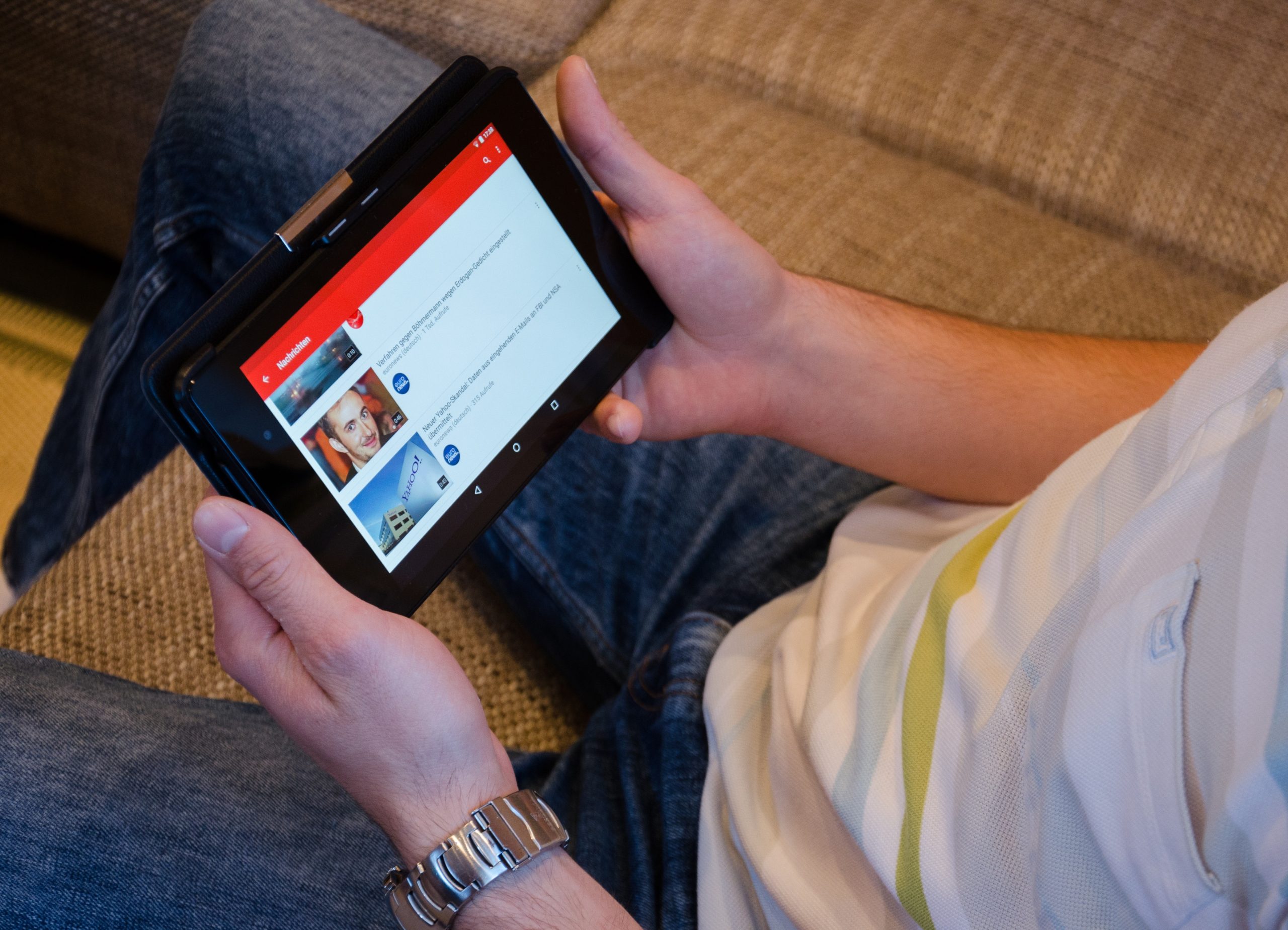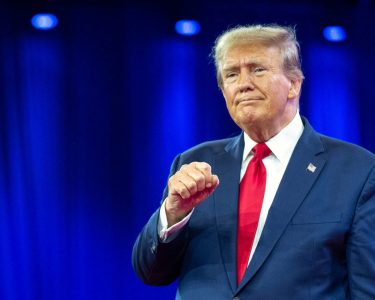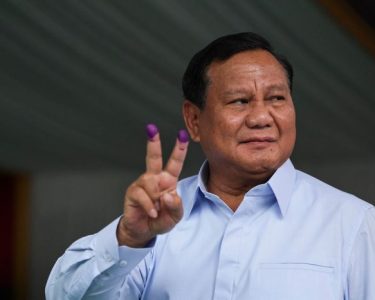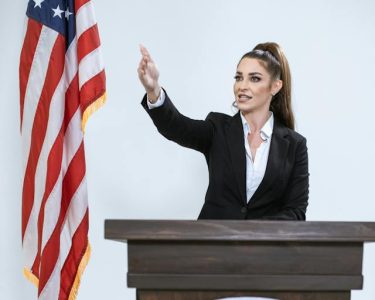In recent years, social media has become an integral part of our daily lives, and its influence on politics has been significant. Platforms like Twitter, Facebook, and Instagram have changed the way people consume news and engage with political issues. While social media has been a powerful tool for political campaigns, it has also been a source of controversy and concern.
One of the most significant impacts of social media on politics is its ability to connect politicians with voters. Politicians can use social media to reach their constituents directly, bypassing traditional media channels. This has allowed candidates to engage with voters in real-time, and to respond quickly to criticism or news events. Social media has also enabled candidates to create a more authentic image of themselves, by sharing personal stories and behind-the-scenes glimpses of their lives.
However, the rise of social media has also given a voice to extremist and fringe groups. These groups have used social media to spread misinformation and conspiracy theories, and to organize rallies and protests. Social media platforms have struggled to contain the spread of hate speech and misinformation, and have been criticized for not doing enough to address these issues.
Another concern is the impact of social media on the democratic process itself. There are worries that social media platforms can be used to influence elections, by spreading propaganda and disinformation. This was seen during the 2016 US presidential election, when Russian operatives used social media to sow division and promote false stories. Social media companies have since made efforts to combat election interference, but the problem remains a significant threat to democracy.
Social media has also become a tool for political activism. Activists can use social media to organize protests and mobilize support for causes. The Black Lives Matter movement, for example, has used social media to raise awareness about police brutality and systemic racism. Social media has also given a platform to marginalized groups, allowing them to share their stories and connect with others who share their experiences.
However, the power of social media to amplify voices has also led to concerns about cancel culture and online harassment. Cancel culture refers to the practice of publicly shaming and boycotting individuals or companies who have expressed views or engaged in actions that are deemed problematic. Critics argue that cancel culture stifles free speech and can be used to silence dissenting voices.
In conclusion, social media has had a significant impact on politics, both positive and negative. While it has given politicians a new way to connect with voters, it has also allowed extremist groups to spread hate and misinformation. The democratic process itself has been threatened by election interference and the spread of disinformation. However, social media has also given a platform to marginalized groups and has been a tool for political activism. As social media continues to evolve, it will be important for society to grapple with these issues and find ways to maximize the positive effects of social media while minimizing the negative ones.




